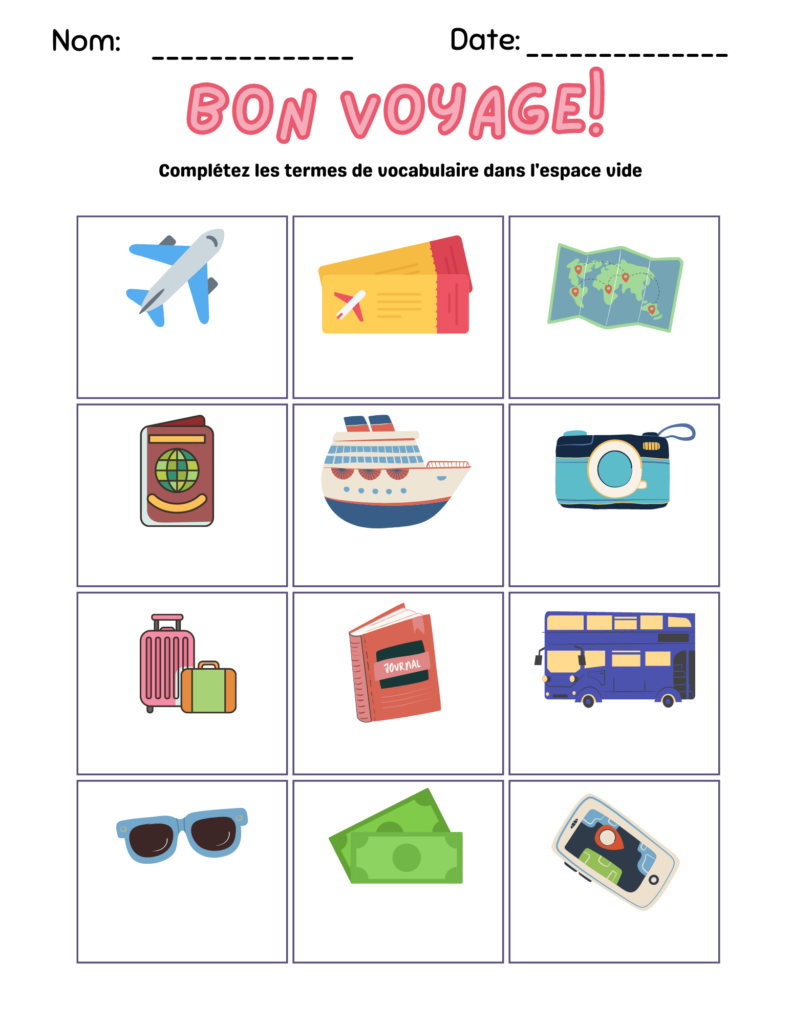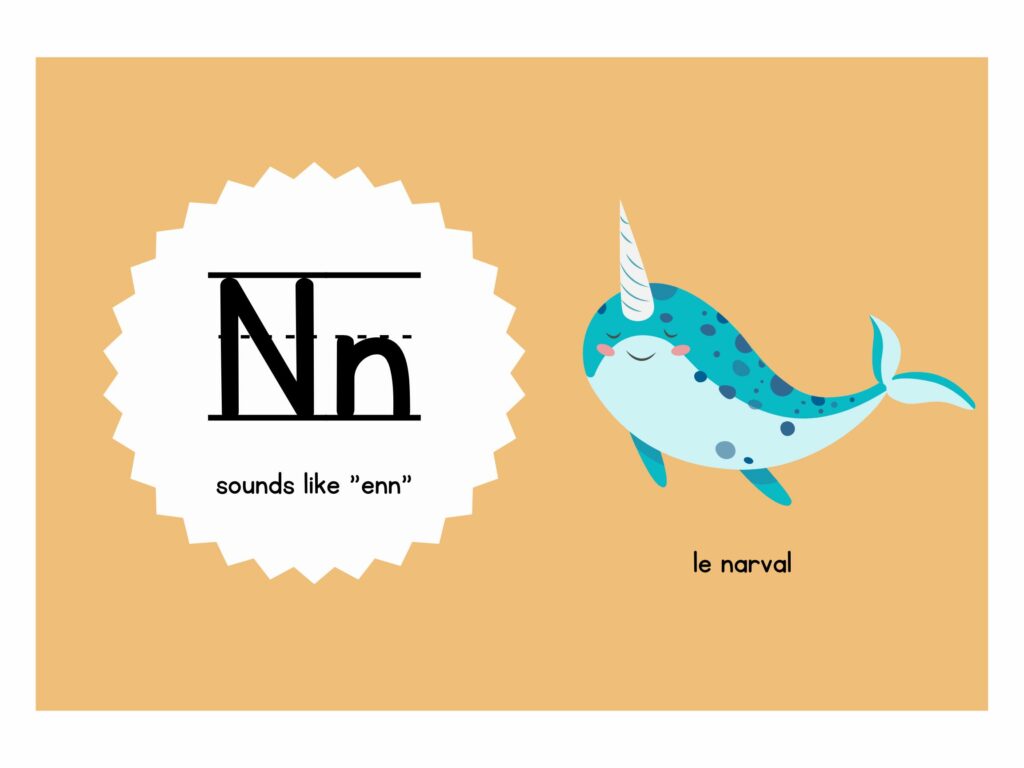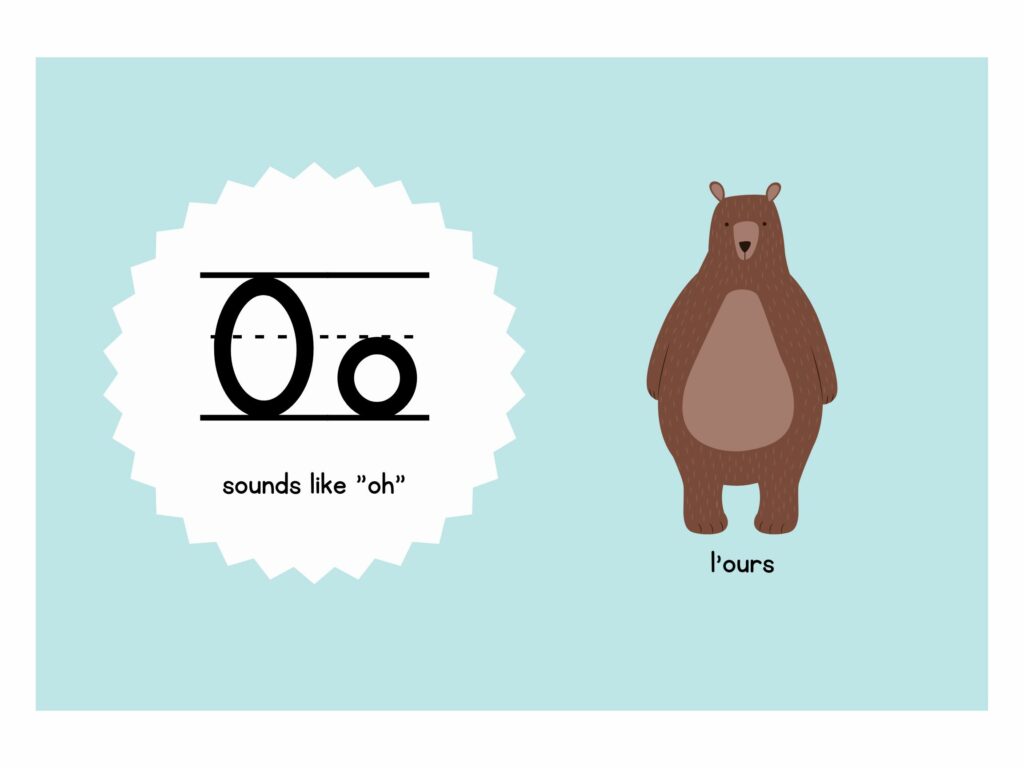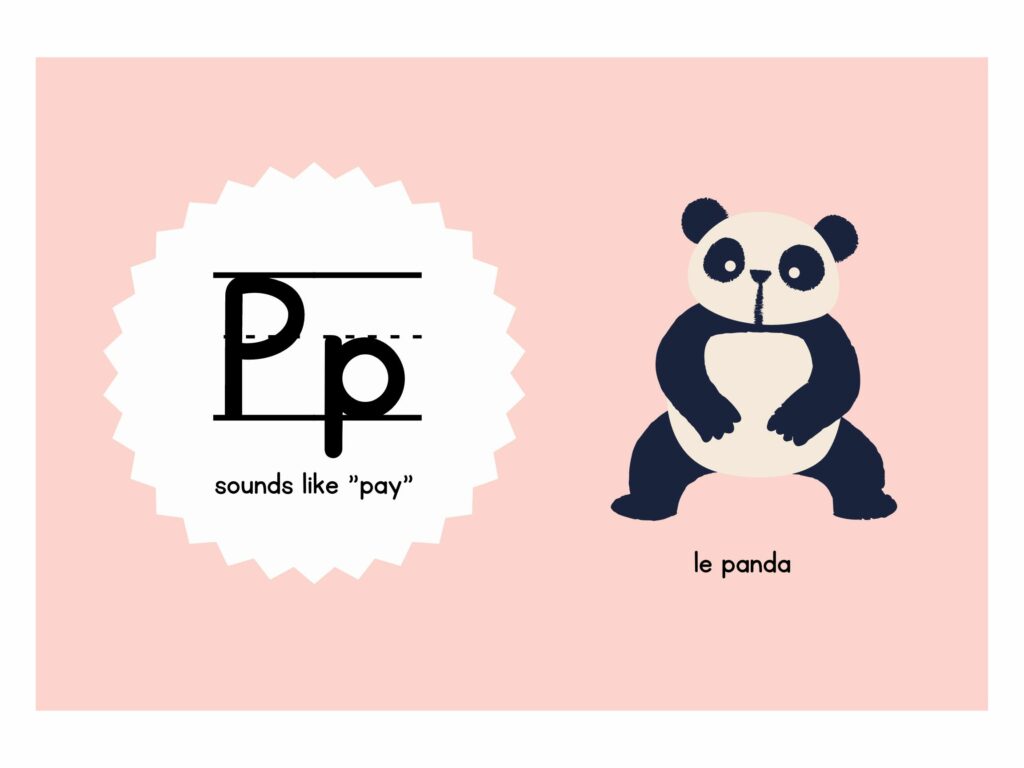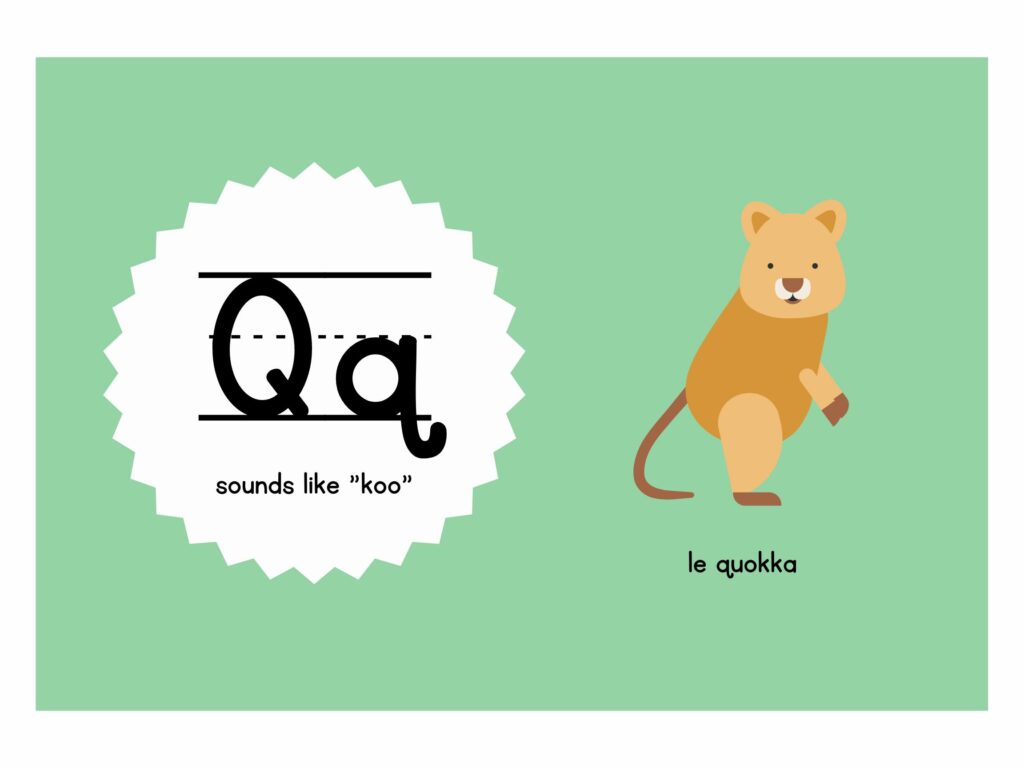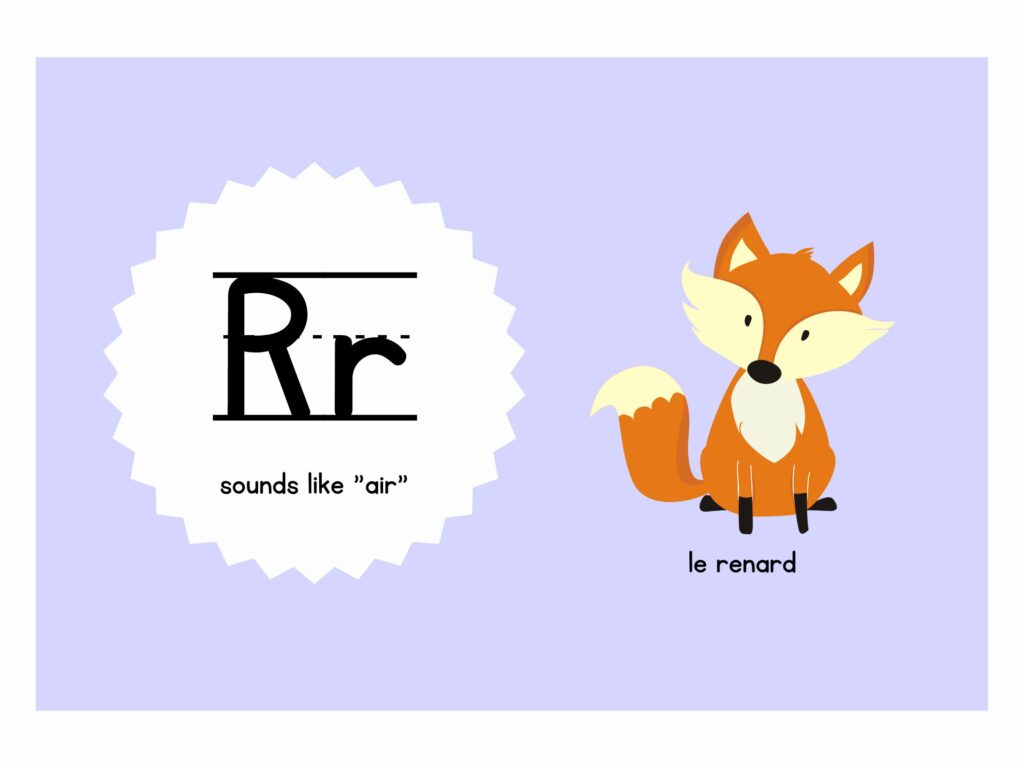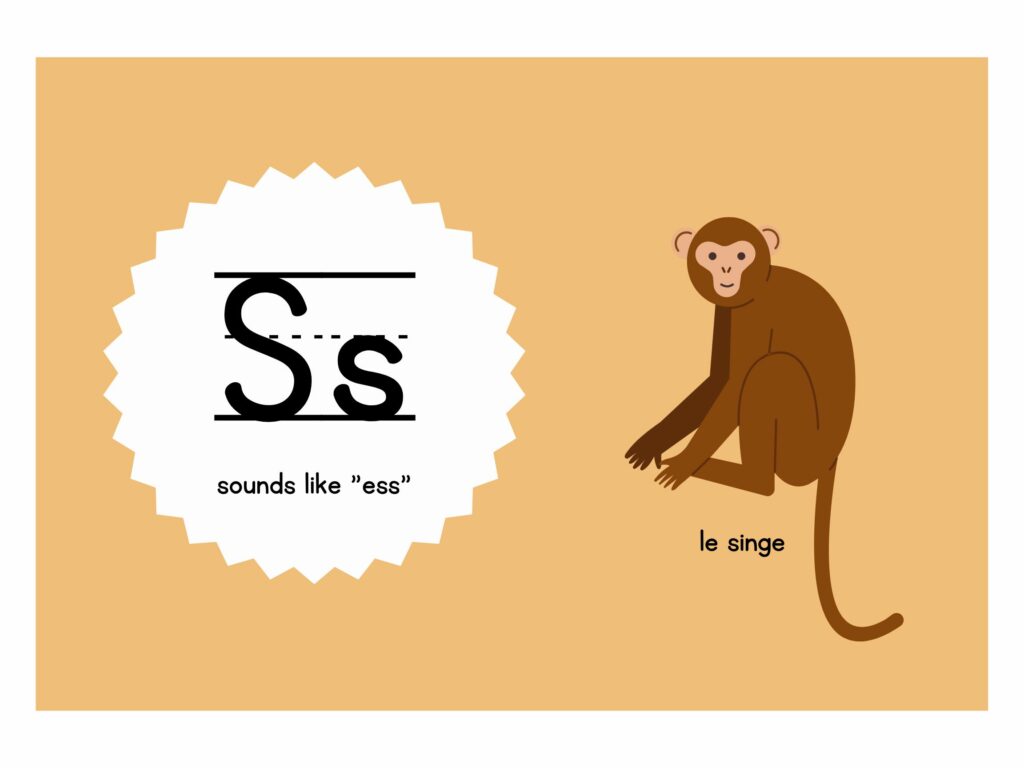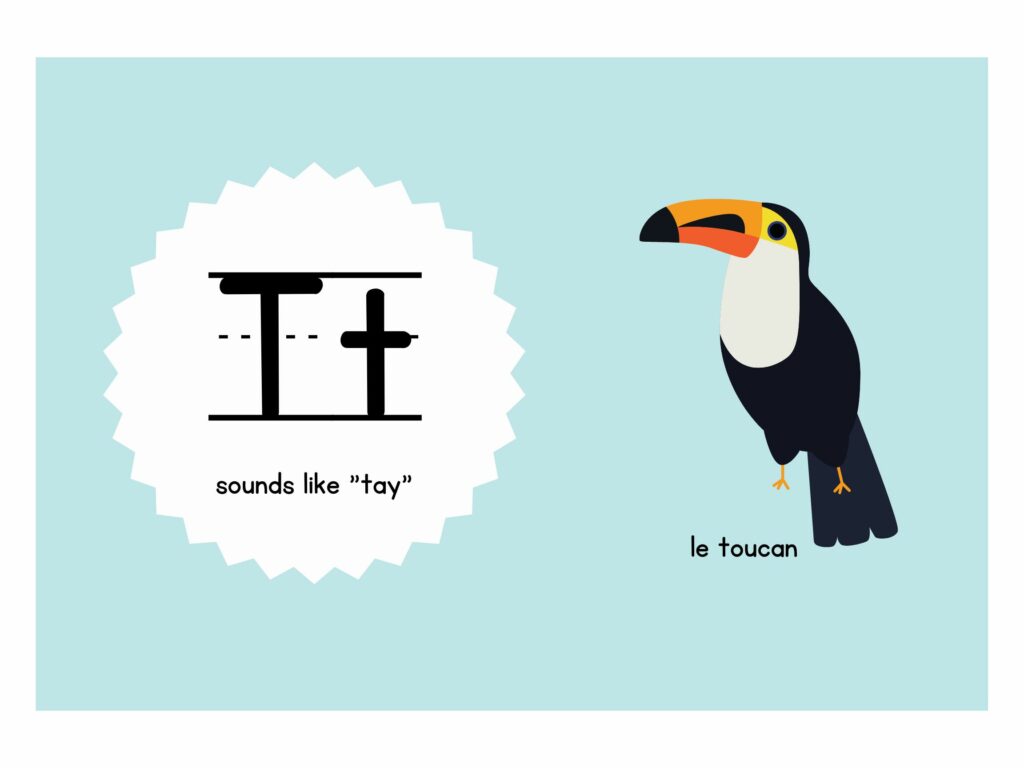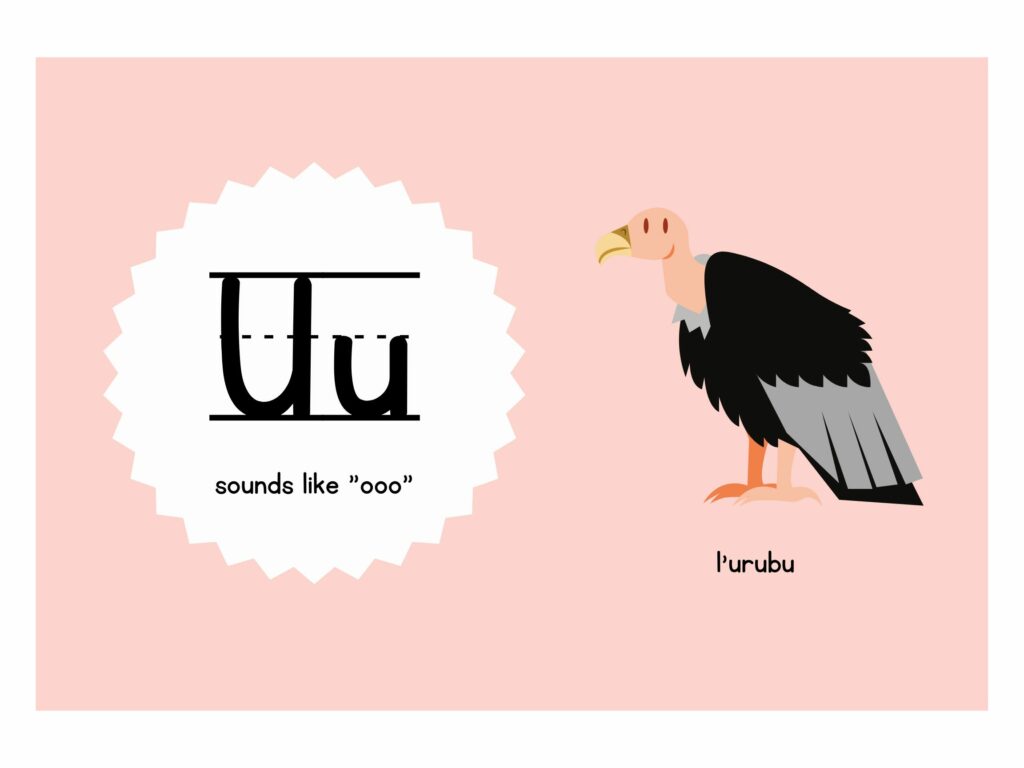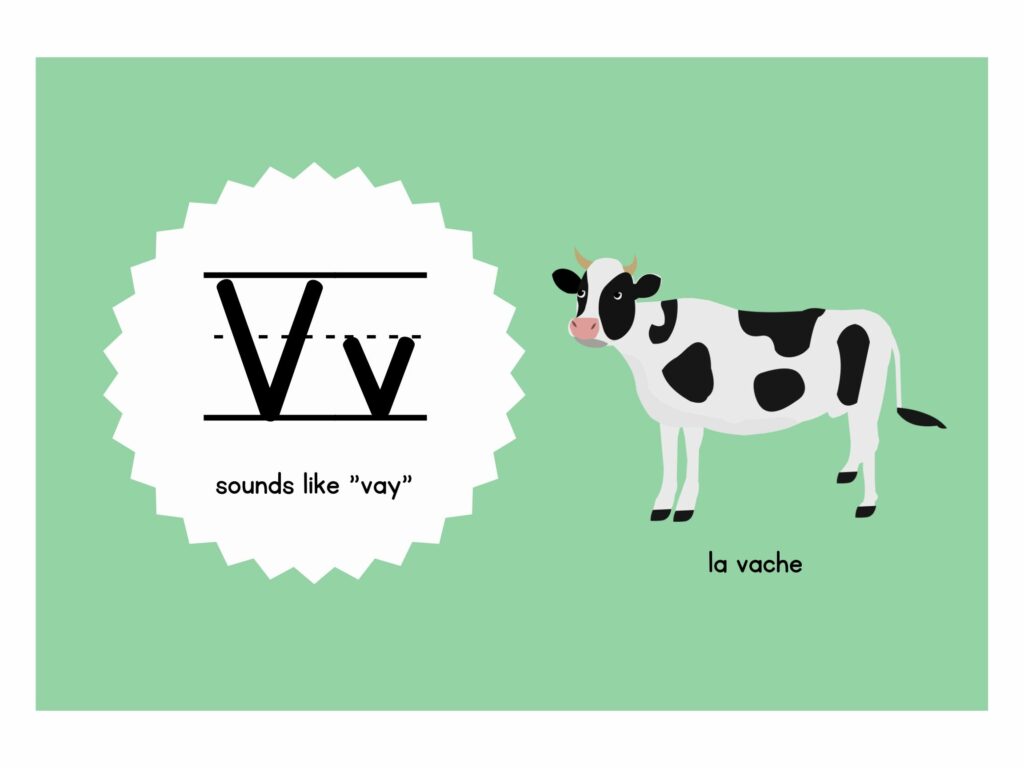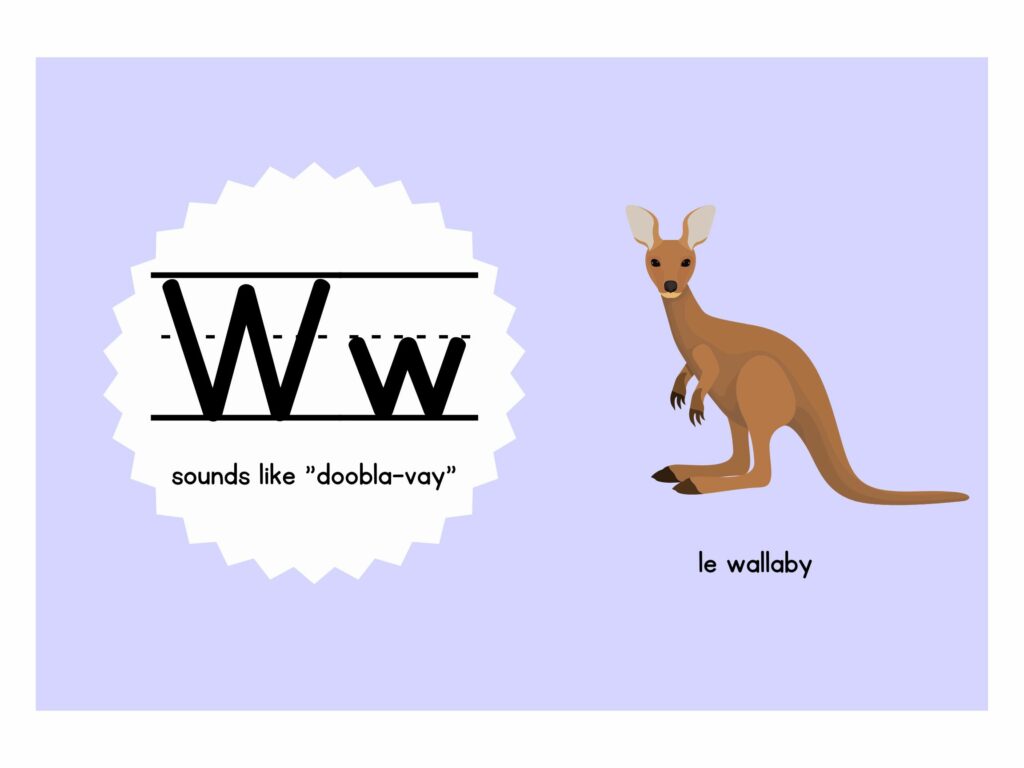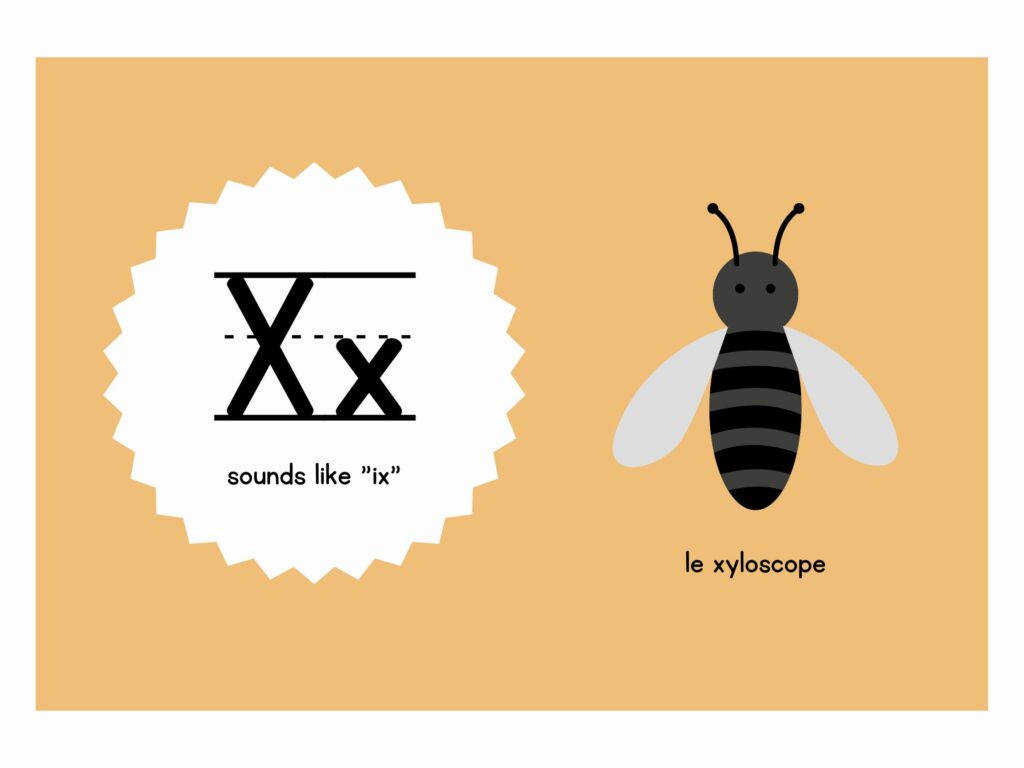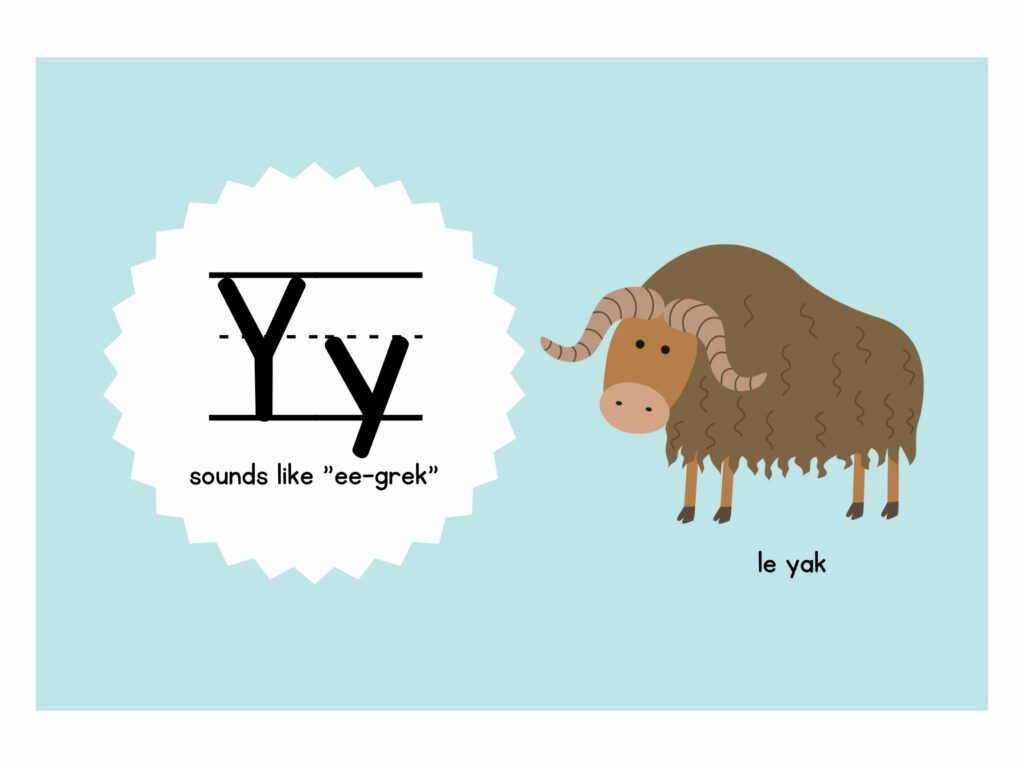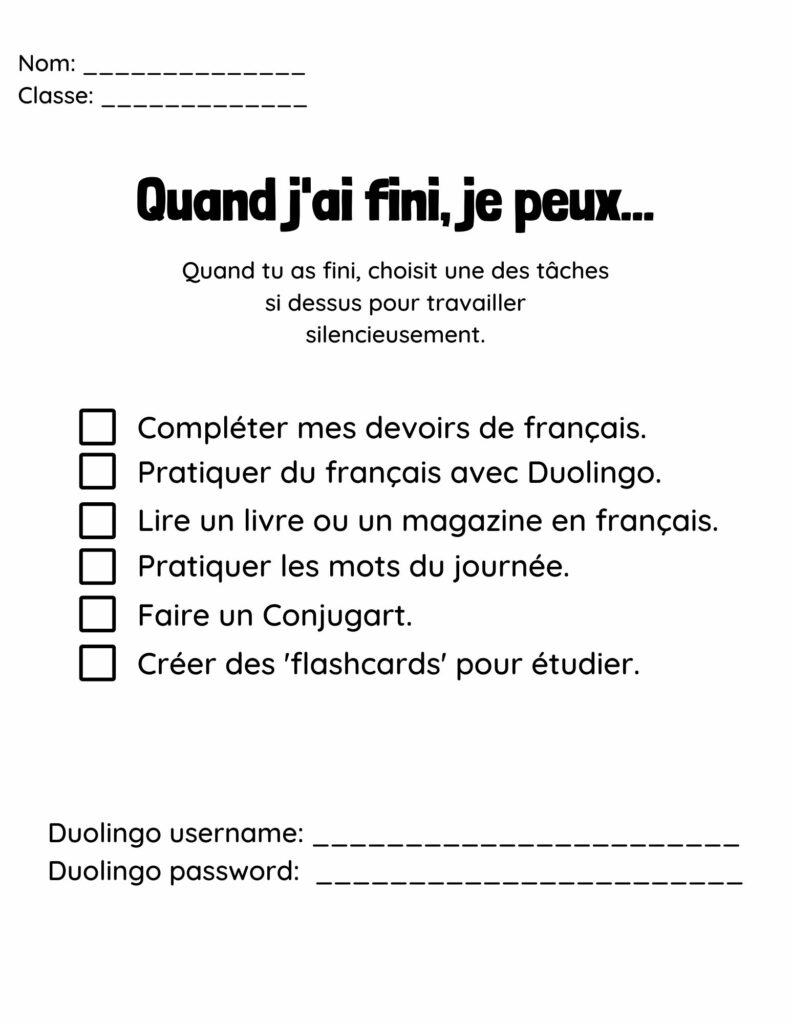Most Likely to Succeed is a 2015 film directed by Greg Whiteley. The film critiques our current school system in North America, specifically the USA, and how it poorly prepares students for the future. Featured in the film is High Tech High, an inquiry-based high school that takes a very different approach than your average secondary school, using a project-based, student-focused curriculum.
I think there is much good to take from this film, in particular High Tech High itself. For example, I love the exhibition night, and how it gives the students the opportunity to display their learning in a new and exciting way. Also, the exhibition night gets the community together, which is so important in education and yet left aside. In fact, I had little to complain about until I had a conversation with a friend of mine and she asked me,
“But what happens when they go to university?”
She described how terrifying and difficult post-secondary would be for these graduates who have never taken an exam, or sat for a three-hour lecture. How can we expect these students to flourish in a system they haven’t been prepared for?
In this day and age, many/most careers require some kind of training after high school, whether it be in trades, college, or training at work. Education does not stop at high school, and it is important that we consider how we should change education outside of the K-12 system as well.

